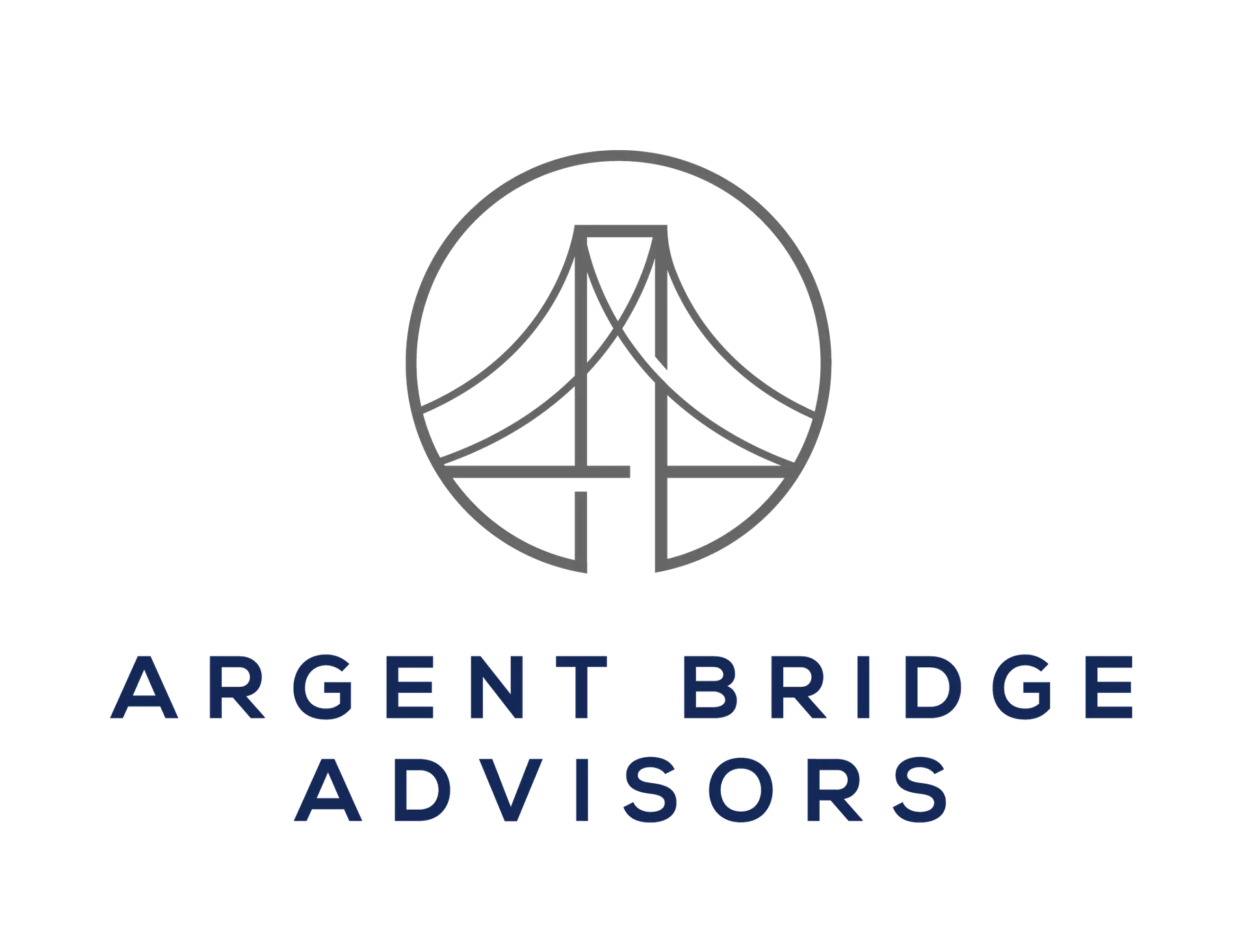Studies have shown that 86% of business professionals plan to continue working after they become eligible for retirement. Whether this is due to choice or necessity, Americans are working longer. Because of this fact, many people are choosing to pursue a second career. So, what does it take to achieve a successful retirement? Speaking to a retirement planner in Northern Virginia is a great place to start.
 Encore Careers
Encore Careers
In many cases, these second careers are continued during retirement but allow individuals to do work that is personally fulfilling, instead of strictly necessary. If this is something you might be interested in, you should start planning. If the career you are interested in requires training, you could start while still in your current field.
Here’s what you need to consider:
Your Interests and Skills
For most people, a second career is not just about the money. It is the opportunity to stay active, to be productive, and to do something they are passionate about. Narrowing down your true interests and identifying your skills is the best place to start when considering a new career. What have you always wanted to do but couldn’t afford to do? What would make your life more joyful, more fulfilled?
Ideally, you would begin planning your second career while still working. This gives you time to think, consider, and plan while you still have the security of a paycheck. It may be hard to find work that you are passionate about. Consider what you enjoyed doing as a child, what dream jobs were on your list? Imagine what you would do if money was not the main consideration. This can help point you in the right direction and to find a career that combines your passion, skills, and interests. The earlier you plan and fund your retirement, the stronger your opportunities can be for a second more rewarding career.
Education and Training
Since you may have to learn new skills through education and training, it is important to plan for this step. Professional programs, graduate schools, and community colleges cater to people with family and work obligations. You should be able to find evening, weekend, and online classes to fit your schedule. This may even allow you to complete all the necessary coursework while still working in your current field.
Furthermore, in some cases you may be eligible for tuition reimbursement through your current employer. So, an understanding of what support your current job may be able to provide to you is an important check in your planning process. You should also find out if there are any penalties if you leave within a certain period of time, such as repaying any tuition reimbursement if you leave within the year.
Finally, you will need to update and refresh your resume. Be sure to focus on all relevant work and experiences. If it has been a while since you have written a resume, you can seek help from a resume coach and there are tons of ideas and guidance available online. A coach can help you construct a well-written, organized resume to showcase your experience, expertise, and accomplishments. Resume strategies and formats are ever changing, so it’s important to get insight into current trends and expectations within the hiring community.
[Related: Insurance Planning in Northern Virginia]
Where are the Jobs?
When you consider a career switch, it can help to consider fields that have strong job growth. Most of these jobs fall into five categories. These include:
- 30% of people in a second career are working in education. Some like the idea of teaching and find that its more affordable to take on such a challenge as a second career.
- There will always be jobs in healthcare, and the industry is expected to expand significantly in the coming decades.
- While “green” jobs may be harder to find, they represent an area of growing interest for people starting second careers. Some may require special skills, but there are opportunities for people with backgrounds in project management, architecture, engineering, accounting, human resources, and marketing. Green industry jobs are expected to grow as more focus and funding is put on climate change.
- As of 2017, 31% of the career employees of the federal government were eligible to retire. The government is facing a shortage of several key skilled positions such as administrative roles, the medical and health field, and security and law enforcement. Visit www.usajobs.gov to browse government jobs.
Non-Profits and Entrepreneurs
Non-profit organizations employ about 10% of the nation’s workforce and its one of the fastest growing job sectors over the past 10 years. These organizations provide job opportunities to a large variety of workers including artists, accountants, attorneys, carpenters, computer programmers, designers, educators, electricians, event planners, fundraisers, human resources professionals, managers, marketers, and many more. Again, as in the education field, some are finding a rewarding career that previously might not have been a good fit as a primary career.
According to the Small Business Administration, 15% of workers between age 50-64 are self-employed. That figure increases to 25% for workers over 65. Entrepreneurship is an opportunity to turn a lifetime hobby or interest into a profitable career. New businesses are started every day and 2/3 of the US workforce is employed by small business.
Retirement Planner in Northern Virginia
The bottom line is that a second career can provide you with many opportunities. These opportunities can impact your finances but also allow you to create, or contribute and to add value in ways you may not have been able to before. If you are ready to make a change, start planning now! Contact Argent Bridge Advisors today to speak with a retirement planner and get to work on your goals.




